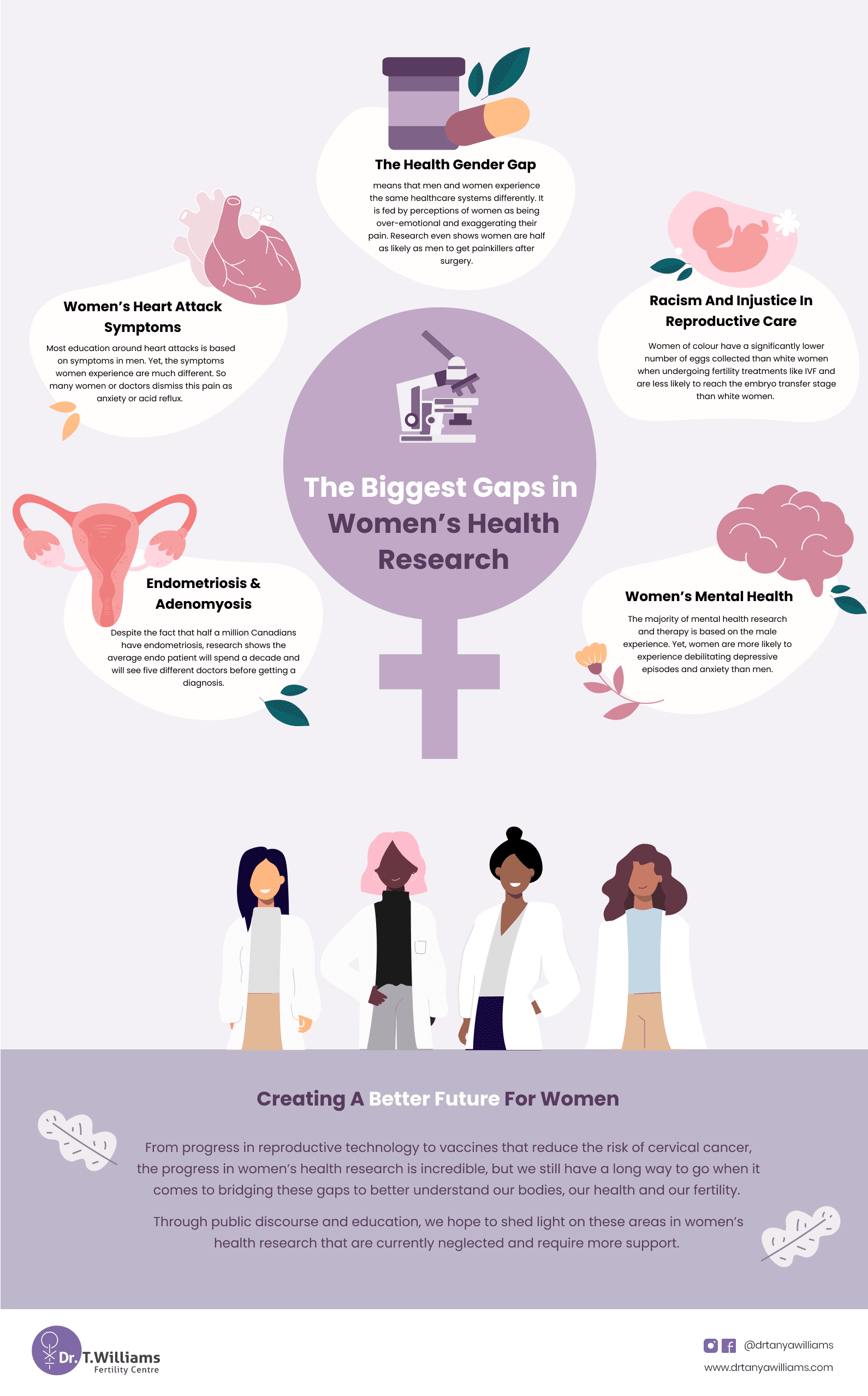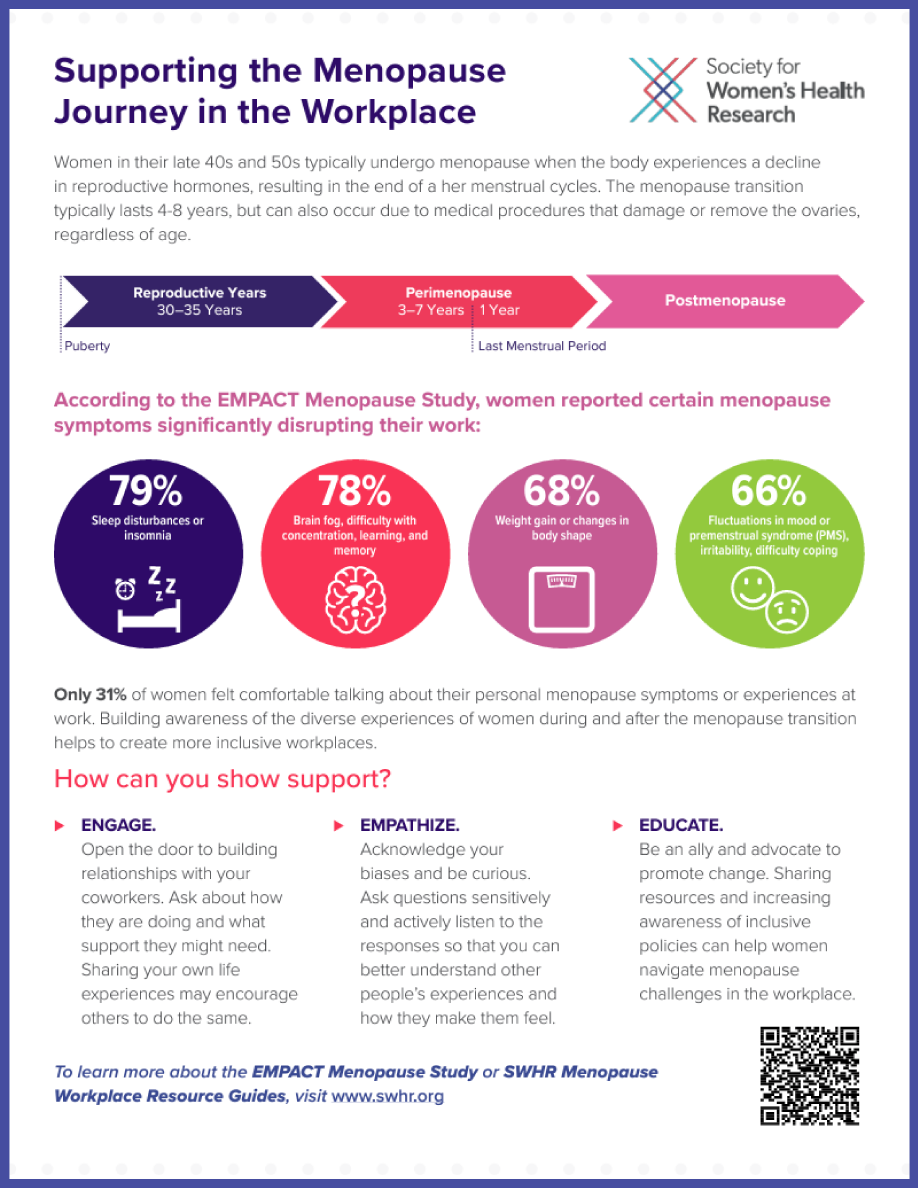A new report conducted in the UK estimates that the national government loses more than £10 billion annually due to women missing work because of unresolved health issues.
It’s an unfortunate truth that women’s health has been overlooked for centuries, leaving major gaps in our medical understanding about the different illnesses and diseases that affect us.
In most parts of the world, this lax attitude towards women’s health continues today. Women’s medical concerns are often dismissed, and effective solutions are hard to come by, causing millions of women miss out on work due to painful periods, endometriosis, fibroids, and ovarian cysts.
Regular absence from work due to these issues costs the UK economy an astounding £11 billion per year, according to a new report by the UK’s NHS Confederation, women’s health charity CREATE Health Foundation, and the consultancy London Economics.
Authors of the report say that an additional £1 invested in obstetrics and gynaecology services per woman in England would result in an estimated £319 million return to the economy.
In this case, more funding for the UK’s 10-year Women’s Health Strategy would be better for economic prosperity in the long-term future.























